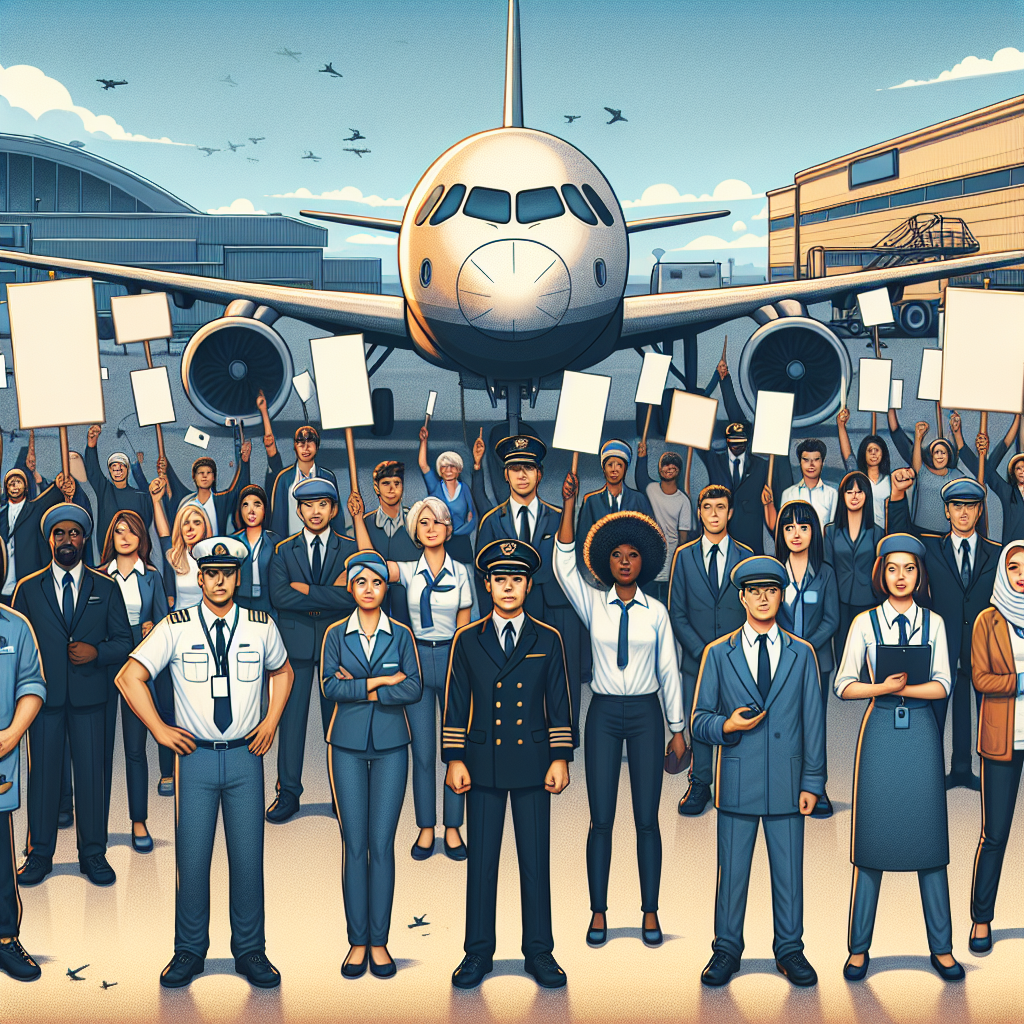Canadian Government Intervenes in Air Canada Strike with Binding Arbitration
The Canadian government has sought to end the strike by Air Canada's cabin crew by requesting binding arbitration, a move that the airline welcomed but the union opposed. The strike has led to the cancellation of 700 daily flights, affecting over 100,000 travelers. Flight attendants demand better pay and compensation.

In a bid to resolve a significant strike impacting Air Canada, the Canadian government has intervened by requesting the Canada Industrial Relations Board to mandate binding arbitration. The move, announced by Jobs Minister Patty Hajdu, aims to end the dispute that has grounded hundreds of flights and affected over 100,000 passengers.
The strike initiated by Air Canada's cabin crew arose over compensation issues. Despite a 38% increase offer over four years, flight attendants argue that the terms are inadequate. Currently, they are only paid when the aircraft is in motion, pushing for additional pay for ground duties.
As the strike halted operations at major airports across Canada, union negotiations remain at an impasse, with the union highlighting pay disparities compared to other industry players like Air Transat. Air Canada's attempt to resume operations could take up to five days, pending the board's decision.
(With inputs from agencies.)










